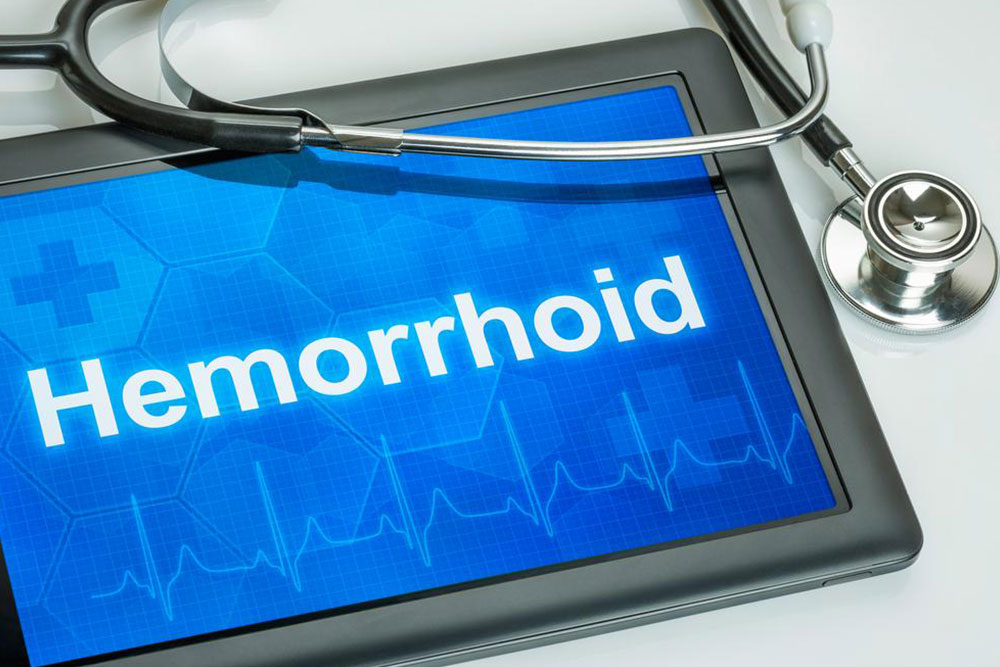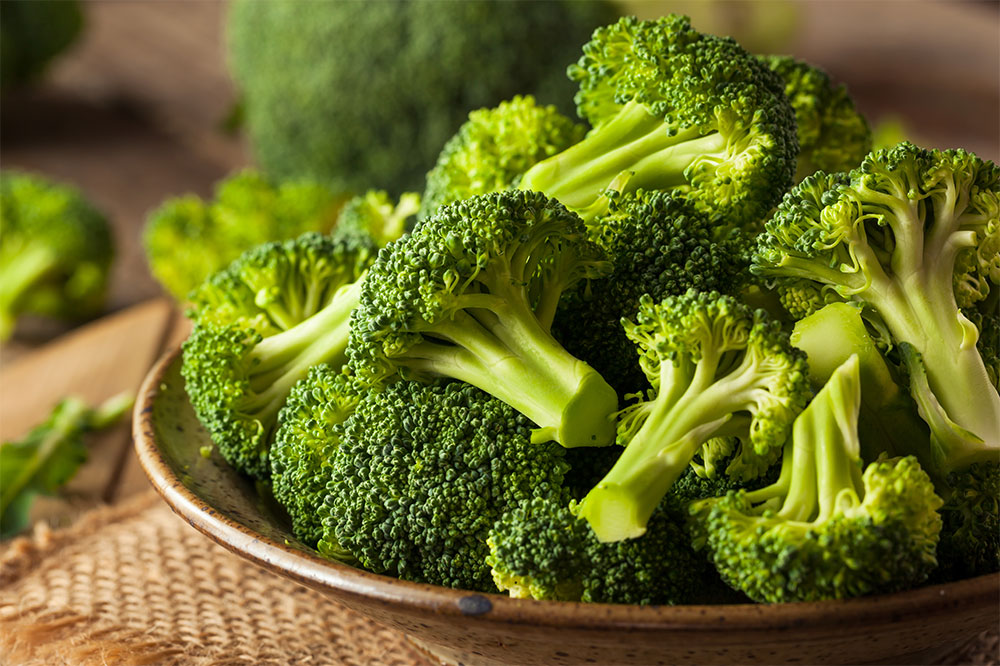Comprehensive Approaches to Managing Ulcerative Colitis Symptoms Effectively
This comprehensive article explores effective strategies for managing ulcerative colitis symptoms, emphasizing diet, exercise, stress management, and medical collaboration. It provides detailed guidance on choosing appropriate foods, implementing lifestyle changes, and working with healthcare providers to control flare-ups and improve quality of life for UC patients.

Comprehensive Approaches to Managing Ulcerative Colitis Symptoms Effectively
Ulcerative colitis (UC) is a persistent, long-term inflammatory bowel disease that impacts the innermost lining of the colon and rectum. This chronic condition can cause a wide range of uncomfortable and disruptive symptoms, including persistent abdominal cramps, frequent urgent bowel movements, and the passage of blood or mucus in stools. While current medical science has not yet found a definitive cure for UC, with proper management and lifestyle adjustments, patients can significantly control symptoms, reduce flare-ups, and enhance their overall quality of life. Understanding how to tailor daily routines, dietary habits, and stress management techniques is essential in navigating this lifelong condition effectively.
Ulcerative colitis tends to have episodic flare-ups, interspersed with periods of remission where symptoms diminish or disappear altogether. However, the unpredictable nature of flare-ups underscores the importance of proactive management strategies. While medications prescribed by healthcare professionals play a vital role, lifestyle modifications can serve as complementary approaches to symptom control. For many patients, adopting a well-rounded, individualized management plan that encompasses diet, physical activity, stress relief, and regular health monitoring makes a meaningful difference in daily comfort and long-term health outcomes.
Dietary Adjustments to Alleviate Symptoms
One of the foremost strategies in managing ulcerative colitis involves careful attention to diet. Certain foods are known to trigger or exacerbate symptoms during flare-ups, so identifying and avoiding these can help maintain remission and prevent severe episodes.
Reducing Dairy Consumption During Flare-Ups
Many individuals with UC find that dairy products—such as milk, cheese, yogurt, and ice cream—can intensify symptoms like bloating, cramping, and diarrhea during active disease phases. Dairy contains lactose, a sugar that can be difficult to digest for some people, especially when the intestines are inflamed or sensitive. Temporarily limiting or eliminating dairy from the diet during flare-ups often results in less abdominal discomfort and can expedite recovery. Physicians may recommend lactose-free alternatives or plant-based dairy substitutes like almond, soy, or coconut-based products to ensure nutritional needs are met without aggravating symptoms.
Limit High-Fiber and Insoluble Fiber-Containing Foods
High-fiber foods, particularly those rich in insoluble fiber, can worsen symptoms during active UC phases. Insoluble fiber adds bulk to stool and stimulates intestinal motility, which may lead to increased diarrhea, cramping, and discomfort. Foods such as whole grains, nuts, seeds, raw vegetables, and certain legumes are high in insoluble fiber. During flare-ups, it’s advisable to reduce or temporarily avoid these foods and instead opt for cooked, well-peeled, or de-seeded vegetables like carrots and zucchini. Additionally, choosing low-fiber options can help lessen bowel irritation and promote healing.
Adopting a Low-Residue Diet
A low-residue diet is designed to minimize the amount of undigested food and residue in the bowel, thereby reducing stool volume and frequency. This approach is particularly beneficial during active symptoms or recovery periods. Suitable foods include white bread, refined cereals such as cornflakes, white rice, and plain pasta made from refined flour. Lean proteins like chicken, turkey, eggs, and fish are easily digestible options that can provide necessary nutrients without irritating the gut. Well-cooked vegetables without seeds or skins are also recommended. Tailoring such diets with the guidance of a healthcare professional or registered dietitian ensures nutritional adequacy while controlling symptoms.
Meal Portioning and Frequency
Eating smaller, more frequent meals instead of large, heavy portions can reduce stress on the digestive system. Large meals may overload the intestines, leading to increased diarrhea, cramping, and discomfort, especially during flare-ups. Implementing a pattern of five to six mini-meals or snacks daily helps stabilize digestion, prevent nutritional deficiencies, and improve overall well-being. Emphasizing balanced, nutrient-rich foods in these smaller meals supports immune health and energy levels while minimizing gastrointestinal strain.
Prioritizing Hydration
Proper hydration is vital for maintaining digestive health, especially when diarrhea causes fluid loss. Patients should aim to drink plenty of water throughout the day, complemented by herbal teas, broths, and nutrient-rich soups. It’s best to limit or avoid sugary drinks, caffeine, and artificially preserved beverages, which can irritate the gut or contribute to dehydration. Maintaining optimal hydration supports natural bowel function, aids in nutrient absorption, and promotes overall healing of inflamed tissues.
Integrating Physical Activity and Stress Management
Regular moderate exercise offers numerous benefits for UC patients, including reducing systemic inflammation, boosting immune function, and improving mental health. Activities such as walking, swimming, yoga, or gentle cycling are recommended. Patients should consult their healthcare providers to tailor an exercise regimen appropriate for their current health status and disease activity. Strengthening the body and reducing stress through physical activity can positively influence gut health and help minimize flare-up frequency.
Stress management is equally important, as emotional stress often triggers or worsens UC symptoms. Incorporating relaxation techniques like meditation, deep breathing exercises, progressive muscle relaxation, or engaging in hobbies can significantly lower stress levels. Building a supportive social network, practicing mindfulness, and ensuring adequate sleep also contribute to overall mental and physical resilience. When stress is managed effectively, patients often experience fewer flare-ups and enjoy more stable disease control.
Additional Considerations and Medical Support
While lifestyle modifications are essential, they should complement ongoing medical treatments prescribed by healthcare professionals. Patients with UC should maintain regular check-ups, communicate symptoms promptly, and adjust their management plans as needed. Collaboration with dietitians, gastroenterologists, and mental health professionals can provide comprehensive care tailored to individual needs. In some cases, supplements such as probiotics, omega-3 fatty acids, or specific vitamins might support gut health and reduce inflammation, but only under medical supervision.
In conclusion, managing ulcerative colitis requires a holistic approach that integrates dietary modifications, physical activity, stress reduction, and medical guidance. While living with UC presents challenges, adopting these effective strategies can dramatically improve daily comfort, reduce the frequency and severity of flare-ups, and promote a better quality of life.





